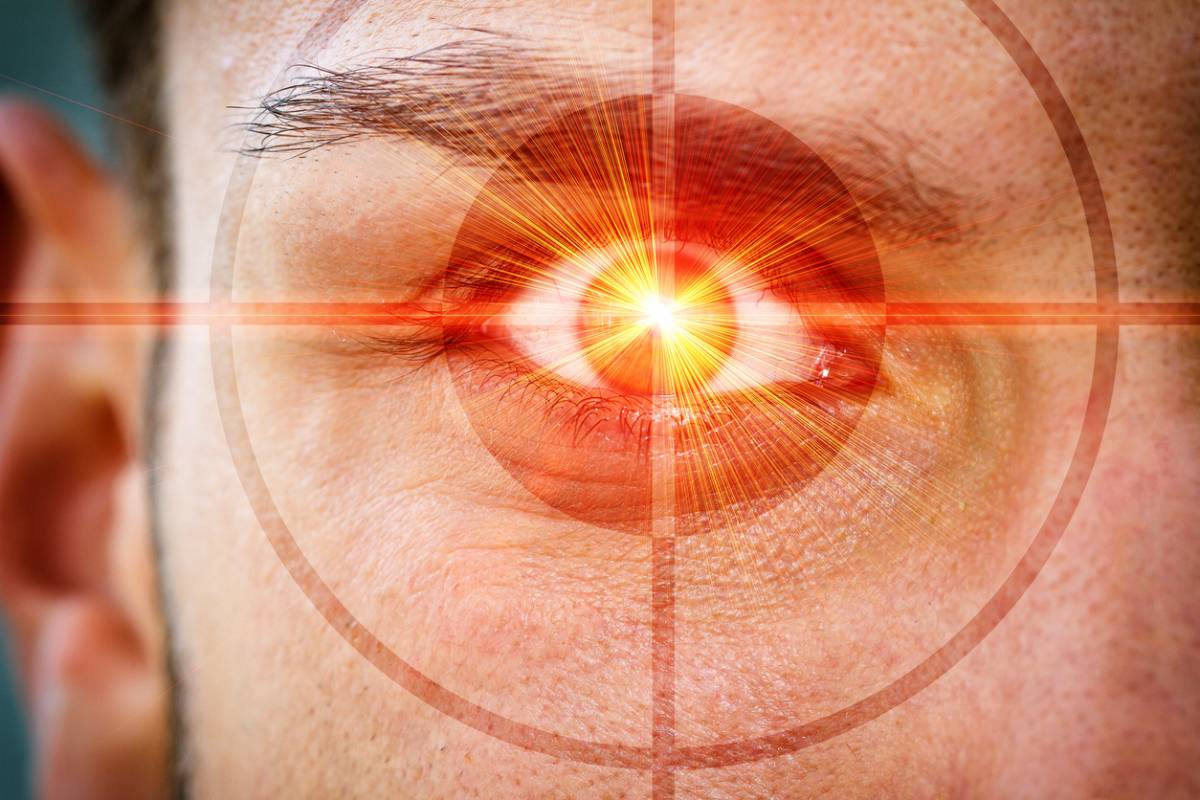Many people are using LASIK surgery to improve and restore their vision. Nevertheless, given that LASIK is still a relatively new technique, some patients are worried about potential adverse consequences. Below is our guide to Lasik and military service.
One of the most frequent questions is if having iDesign LASIK is prohibited by those serving in the military. The fortunate answer to this is generally no.
Guide to Lasik and Military Service
Check out this article explaining why you shouldn’t be concerned about receiving Lasik therapy if you’re in the military and why you should feel confident moving forward with the procedure if that’s what you want.
What is LASIK?
LASIK is a vision correction technique where a powerful laser is used to hit the patient’s eyes to correct their eyesight. This operation may improve the eyes’ ability to correctly focus light on the retina. Patients frequently have improved vision as a result of this.
“Laser-assisted in situ keratomileusis” is what LASIK stands for. The majority of the time, the surgery can significantly improve a patient’s vision. Nevertheless, it has no effect on an individual’s iris color.
LASIK and the Military
Anyone who serves in any branch of the military is qualified to receive LASIK treatment. Some worry that if they develop less-than-perfect eyesight, they will be discharged from service. Most of the time, this simply isn’t the case.
In fact, the Department of Defense actually recommends LASIK treatment to correct these issues. It actually runs over 26 LASIK centers itself throughout the country.
If you qualify for the basics surrounding LASIK treatment, you should be able to receive treatment in order to correct your vision. You may need to receive a waiver from your medical center after completing the treatment in order to resume duty in the military.
LASIK vs. Other Options
Wearing glasses and contacts while in the midst of military service can actually be dangerous. This is because these vision correction options are prone to breaking and faltering when pressed under duress. In combat situations, this can prove deadly both for an individual and their comrades.
Military situations require excellent vision in order to be executed safely and efficiently. Contact lenses have a tendency to induce eye infections, and glasses will shatter if too much pressure is applied to them. Because of these tendencies, LASIK is considered the safest vision correction procedure for those who are in the military.
There are some high-risk scenarios that military personnel find themselves in that other members of the public simply won’t have to deal with. Some of these include:
- Navigating foggy weather that may obscure your glasses
- If captured, enemy combatants can remove or destroy glasses and contacts, leading to a diminished ability to escape
- Using night-vision goggles is difficult and ineffective when using glasses
The LASIK Advantage
There are a variety of reasons that the military recommends that its personnel choose LASIK for any vision correction needs. And there’s just as many reasons that individuals will benefit from this surgery regardless. Some of these reasons are outlined below:
- Reduces one’s reliance on glasses
- Enhances survival prospects when one is captured
- Can open up forward career momentum for those who receive treatment, as they aren’t dependent on contacts or classes
- Helps to improve safety and effectiveness for those who receive treatment
- Can give one peace of mind and a sense of convenience when going about day-to-day tasks.
- Is a convenient and painless operation that can be completed quite rapidly
- Carries with it a reduced risk of infection. Contact lenses in particular are prone to developing this issue.
The Minimum Vision Requirements of Service
The military has certain minimum vision requirements in association with receiving LASIK treatment to correct them. Some of these are as follows:
- Distant vision that can be corrected to at least 20/40 with eyeglasses
- Near vision that can be corrected to at least 20/40 in the better eye
- Astigmatism of not more than 3.00 diopters
- Refractive error (hyperopia or myopia) of not more than -8.00 or +8.00 diopters.
You actually will not be able to enlist in the military at all if you do not meet these minimum requirements.
The Lasik Experts of Southern California
Dr. Ghosheh and the rest of the team at Advanced Eye Medical are completely dedicated to giving their patients in Mission Viejo and the rest of Southern California the best in Lasik and other ocular health procedures. If you’re interested in receiving this type of treatment, contact our eye surgery center today in order to schedule a procedure.

